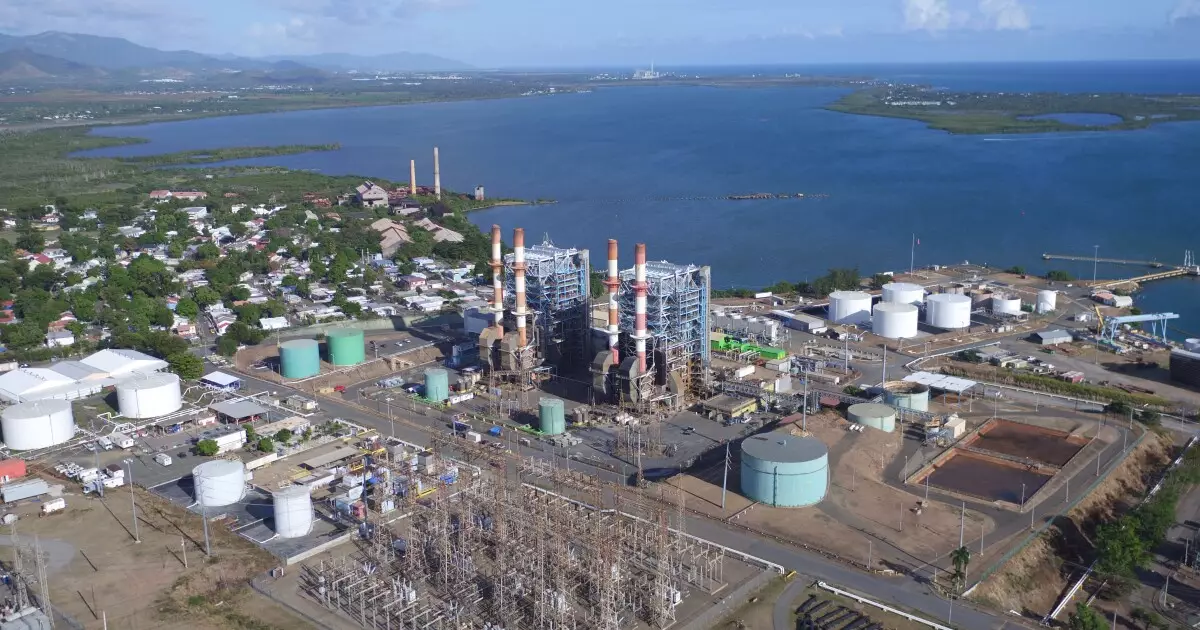In the labyrinthine world of bankruptcy, few conflicts have drawn attention like the ongoing battle surrounding the Puerto Rico Electric Power Authority (PREPA). At the heart of the turmoil lies a staggering administrative expense claim, estimated to exceed $3.7 billion, posed by PREPA bondholders. The Puerto Rico Oversight Board contends, however, that these claims should rank low on the list of priorities in the bankruptcy proceedings, arguing that bondholders are attempting to overreach and claim funds that do not rightfully belong to them. This dispute underscores not only the absurdities entrenched in the bankruptcy framework but also raises critical questions about accountability and fiscal responsibility in governmental entities.
Clarifying Misconceptions About the Board’s Stance
Critics might perceive the Oversight Board’s resistance to bondholders as a ruthless maneuver against those holding significant financial stakes. Yet, the board insists that it merely aims to uphold the existing framework outlined by the Commonwealth’s restructuring plan. At the crux of the matter is the notion of subordination – a legal principle that prioritizes certain claims over others. The board posits that the bondholders’ demands go against the foundational tenets of Puerto Rico’s restructuring strategy, which was crafted to stabilize a failing economy rather than play into the hands of creditors hoping to cash in on government mismanagement.
The pressing issue here is the bondholders’ attempt to leverage “constitutional avoidance”—a tactic they argue should allow their claims to supersede other expenses. The Oversight Board’s rebuttal to this strategy lays bare a critical misunderstanding of bankruptcy law: constitutional avoidance is applicable only in cases of statutory ambiguity, which is evidently not the scenario at hand. Such legal gymnastics detract from the spirit of equitable solutions in the midst of fiscal distress.
The Ethics of Financial Accountability
Beyond the legal intricacies lies an ethical quagmire: can we, as a society, allow powerful creditors to navigate the insolvency waters while the citizens of Puerto Rico suffer the fallout? The bondholders’ arguments, wherein they promote the right to compensation for their “collateral” and insist that every last penny must be paid back, appear self-serving when viewed against the backdrop of chronically underfunded programs and infrastructure developments in Puerto Rico. This situation evokes a moral imperative for prioritizing community welfare over creditor profits; the overreliance on bondholder returns by PREPA has already brought the island’s future into jeopardy.
Defenders of the bondholders may deem their insistence on cash payments as reasonable in standard financial transactions. However, the circumstances surrounding PREPA’s financial demise are anything but standard. The urgency felt by bondholders for immediate financial returns starkly contrasts with the long-term developmental needs of the island, leading to growing concerns that fiscal tools are wielded irresponsibly, benefiting a select few at the expense of many.
The Future of Puerto Rico: Scope for Collaboration or a Deepening Divide?
Despite the tensions, there remains a flicker of hope for reconciliation. The bondholders have expressed a preference for reaching an amicable agreement with the Oversight Board and PREPA, but the reality of such negotiations remains tenuous. With Puerto Rico’s Fiscal Agency and Financial Advisory Authority reporting ongoing cash shortfalls, the precarious position of PREPA leaves little room for optimism. The financial reality is that Puerto Rico’s economy has borne enough strain; further legal battles will likely risk compounding uncertainty for the very citizens that both the Oversight Board and bondholders claim to support.
As the landscape shifts beneath our feet, one cannot help but wonder: could there be a pathway leading to genuine collaboration among all parties? If the Oversight Board, bondholders, and the Puerto Rican government can collectively agree to compromise and prioritize the welfare of their citizens, the consequences could ripple far beyond this singular crisis, potentially ushering in a new era of fiscal prudence for Puerto Rico. However, that requires a departure from the entrenched financial pathways and an embrace of visionary governance grounded in the well-being of its people.

